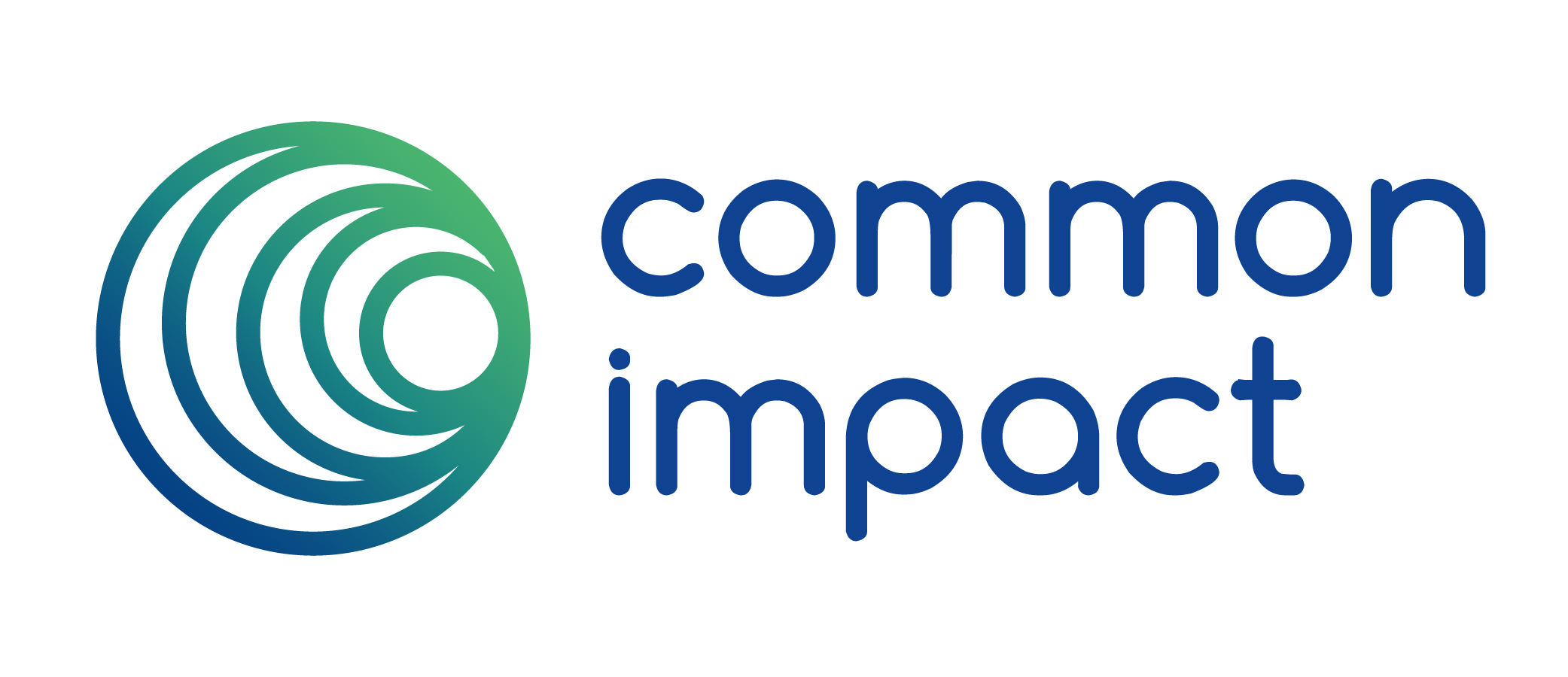Navigating Change with Skills-Based Volunteering
by Danielle Holly

Navigating Change with Skills-Based Volunteering
by Danielle Holly, Common Impact
January always lends itself to predictions about hot trends in the year to come. Indeed, if you look up “2017 CSR and sustainability trends” in your search engine right now, you’ll see a collection of insightful articles sharing expert (and of course widely divergent) opinions on what’s in store for us over the next twelve months. This January, though, in the face of a starkly different administration in Washington D.C., the social sector is looking at an even more uncertain, unpredictable climate. This has the Common Impact team thinking less about trends, and more about how to practically navigate the twists and turns ahead.
One thing that we can anticipate is the private sector’s commitment to social responsibility and sustainability, secured by both a strong business case and a social contract with its millennial workforce. Indiana University recently published a study that suggested that philanthropic giving would be on the rise over the next two years (at an average rate of 3.7% per year), including corporate giving (which is expected to increase, on average, at a rate of 2.5% per year). So, let’s assume that these resources do indeed continue to grow. The question for the social sector then becomes, how do we leverage those resources and continue to realize our important missions in an otherwise uncertain environment?
While the answer to that question is too broad for this single post, at Common Impact we’re hard at work with our corporate and nonprofit partners to solidify the ways in which skills-based volunteering can provide a powerful tool for navigating the change we see.
Here are a few approaches we’re taking:
Scenario Planning: Nonprofits are used to uncertain financial environments, but in this coming year, public funding and policy decisions affecting social good organizations will likely be much more volatile than is typical. Nonprofits will need to plan for various scenarios with flexible resources and strategies that can accommodate the potential for rapid change. While most nonprofits have financial staff or consultants, moving through a scenario planning exercise can be significantly strengthened by external financial and management expertise. This is where skilled volunteers can play a critical role – bringing new perspective that is not steeped in an organization’s day-to-day experience – to help create solid but flexible plans for an organization to realize its mission even in the face of uncertainty.
Advocacy Ambiguity: The line that lays out to what extent 501©3 nonprofits can advocate for themselves and attempt to influence policy changes, known as lobbying, has always been a blurred one. The IRS website articulates that “A 501(c)(3) organization may engage in some lobbying, but too much lobbying activity risks loss of tax-exempt status.” But what’s “some” and not “too much”? While there are litmus tests that help define the lines that do exist, it remains difficult to translate those benchmarks into an understanding of what an organization can and cannot do to advocate for policies that support its mission. The pro bono movement was founded in the legal profession, and most nonprofits have some form of outside legal counsel. Still, those relationships tend to be transactional, in the form of on-call, as needed support to approve an employee handbook or ensure compliance. The current landscape presents an opportunity for pro bono legal counsel to move into a more strategic role for the social sector, providing the understanding that nonprofit leaders need to design an organization’s advocacy strategy.
Moving Beyond Diversity “Initiatives”: If we learned anything from the past six months, it is that it is critical to cultivate and understand the rich diversity of thought, experience, affiliation and ethnicity that comprises our various communities. Many of Common Impact’s partners are helping to create more inclusive environments: we have nonprofit clients who are advocating for immigrant rights on a daily basis, as well as corporate partners working to ensure that career building opportunities are unlocked for traditionally underrepresented employees. We’re proud of these programs, and we recognize the need – especially in this cross-sector work – to constantly and more rigorously apply a lens of true inclusiveness and opportunity to each conversation, each client, and to ourselves. CSR and skilled volunteering has traditionally been a homogenous space, open to the individuals that can afford to take time away from their desks and their families to support causes outside of their day jobs. In the coming year, Common Impact is making a commitment to move the diversity concept away from a nice-to-have “initiative” and towards a fundamental approach to inclusion and opportunity in our work, a “lens” that we apply to every engagement we take on in our continual efforts to build a stronger, more connected community.
In the coming months, we’ll be sharing our stories, successes, and struggles with these issues. We’re excited and grateful to have you join the conversation.
How is your company or nonprofit navigating change in 2017? What gets you excited as you anticipate the coming year?

